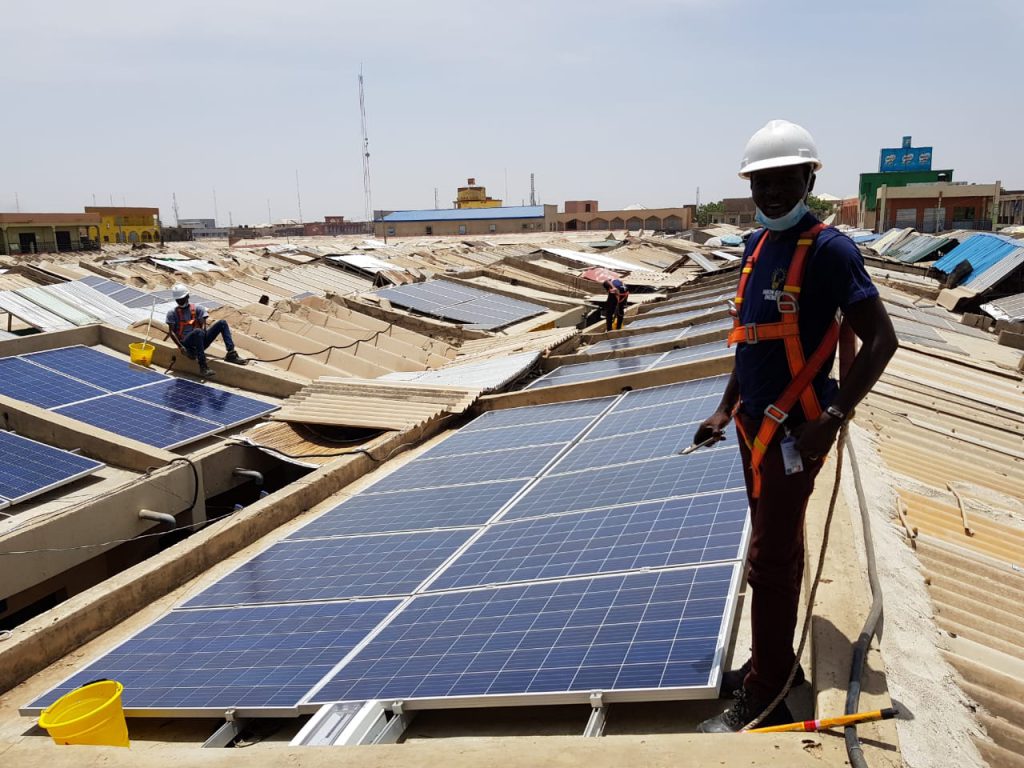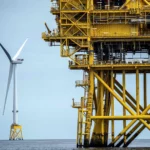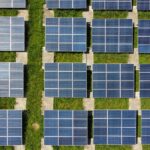Nigeria, a nation facing significant electricity supply challenges, is now poised for a remarkable transformation through the successful advance of solar energy. With limited access to electricity for over 92 million people in a population of over 200 million, Nigeria’s industrial growth, commercial ventures, and the overall well-being of its people have been hindered. Currently, the primary energy sources in the country are gas and hydroelectricity, lacking the necessary diversification to meet the growing demand for power. However, recognizing the abundant natural energy resources available, this article underscores the urgent need for investments in Nigeria’s renewable energy sector, particularly solar energy.
The International Energy Agency’s (IEA) ‘Renewable 2020’ report reveals that solar energy is poised to lead the expansion of renewable energy capacity by 50 percent between 2019 and 2024. Solar, along with wind and hydropower projects, is being rapidly deployed, emphasizing the bright future of renewable energy usage. This global trend towards renewables is driven not only by the need for energy security but also by the desire to reduce reliance on imported fossil fuels, especially in the wake of geopolitical concerns like Russia’s invasion of Ukraine. As a result, global renewable power capacity is projected to increase by a staggering 2,400 gigawatts (GW) between 2022 and 2027, equivalent to China’s entire current power capacity.
This exponential growth represents a 30 percent increase compared to forecasts from just a year ago, demonstrating how governments worldwide have prioritized renewable energy policies. In fact, renewables are expected to account for over 90 percent of global electricity expansion in the next five years, surpassing coal to become the largest source of global electricity by early 2025. Nigeria, located in the sun-drenched tropics, enjoys a wealth of sunshine, with an average of 2,600 hours of sunlight per year (approximately 7 hours of sunlight daily).
Experts believe that Nigeria possesses the economic resources and favorable environmental conditions to harness renewable energy sources, particularly solar power. The World Bank estimates that investing in solar-powered plants could provide electricity to nearly 80 million people who currently lack access to reliable power. Such a transition to solar-based energy sources would not only diversify Nigeria’s energy portfolio but also reduce the burden of high electricity bills.
Recognizing the global trend and the immense opportunities available, Nigeria has been progressively developing policy and regulatory frameworks to incentivize renewable energy. Policies such as the National Electric Power Policy 2001, Renewable Electricity Policy Guidelines 2006, and the Electricity Power Sector Reform (EPSRA) Act 2005 have laid the foundation for renewable energy development. The EPSRA Act, in particular, serves as the principal law governing the Nigerian power sector and established the Nigerian Electricity Regulatory Commission (NERC) as the primary regulator. The NERC has introduced various policies and regulations, including the NERC Mini-Grid Regulation 2016, NERC Renewable Energy Feed-In Tariff Regulations 2015, and the recently issued Independent Electricity Distribution Network (IEDN) license.
In addition to regulatory support, the Federal Government of Nigeria (FGN) has introduced incentives such as the VAT (Modification Order) 2020, which exempts specified renewable energy equipment from value-added tax (VAT). Furthermore, the FGN launched the Solar Power Naija Project, aiming to provide solar home systems to five million households in off-grid communities under the Nigeria Economic Sustainability Plan (NESP). The Central Bank of Nigeria is facilitating the implementation of this project by making approximately NGN140 billion (around US$340 million) available through direct and indirect loans to qualifying projects.
Multilateral agencies and institutional investors have also recognized the potential in Nigeria








